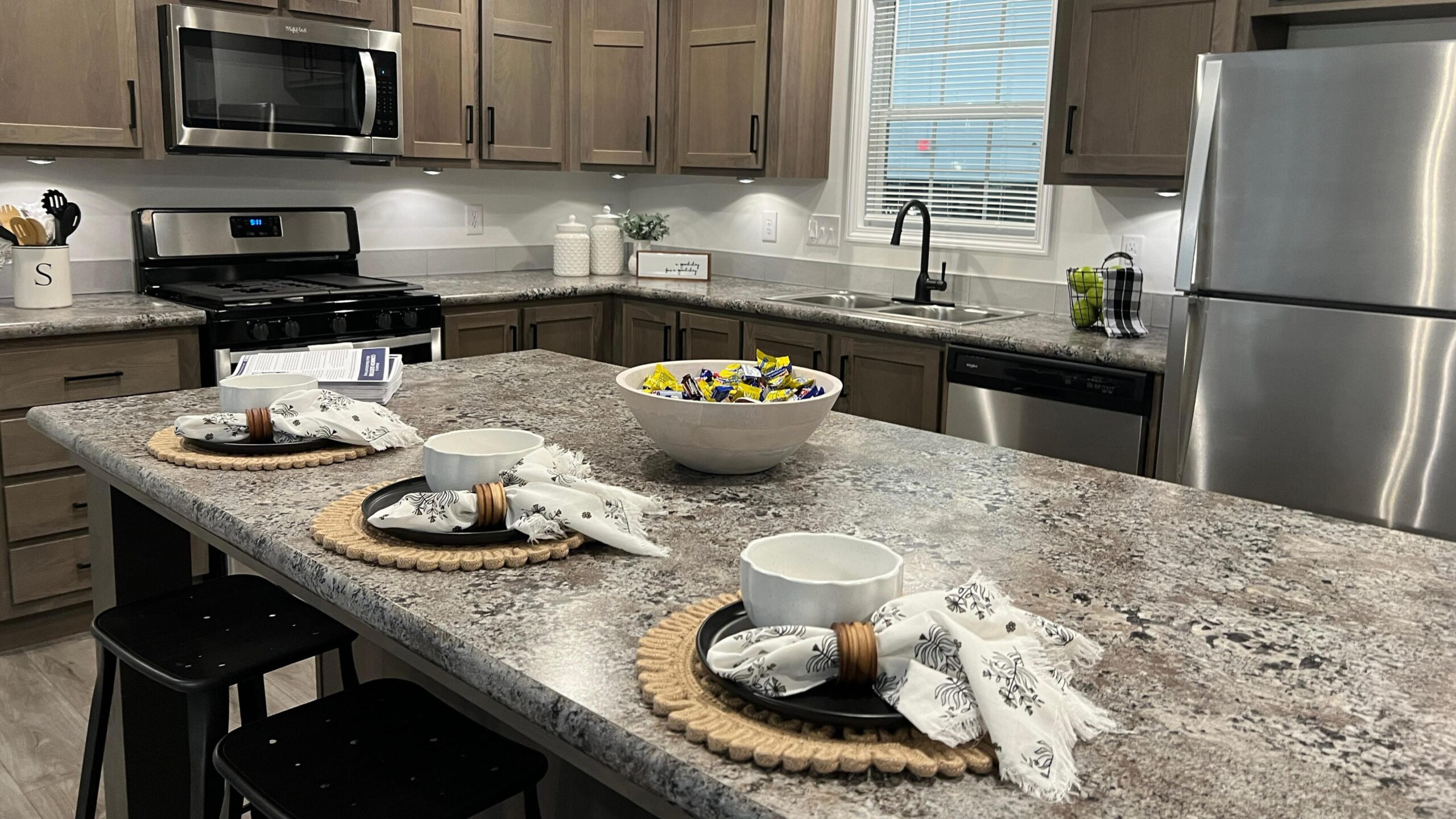How Long Do Manufactured Homes Typically Last?
The lifespan of mobile homes is a frequently discussed topic and a curious consideration. An older study done in 1990 by the Manufactured Housing Institute placed the average life expectancy of a manufactured home at 55.8 years. However, given the same care as other types of homes, mobile homes should last forever. In fact, in mid-2018, the Federal Housing Finance Agency released a report showing that manufactured homes retain value much like site-built homes.
Why would a manufactured home wear out any faster than its counterparts? Manufactured homes are made out of the same materials as any other kind of well-built home. Manufactured homes, which is what mobile homes have been called since 1976, benefit from new technology and improvements to building practices. Also, they have enhanced design and material usage practices that continue to improve all the time.
Someone who wants to buy a mobile home might have the same questions as any other homebuyer — about area taxes or the local school district, for instance. However, the life expectancy of the manufactured home should be less of a concern. Think about the great majority of site-built homes; they are more than 40 years old.
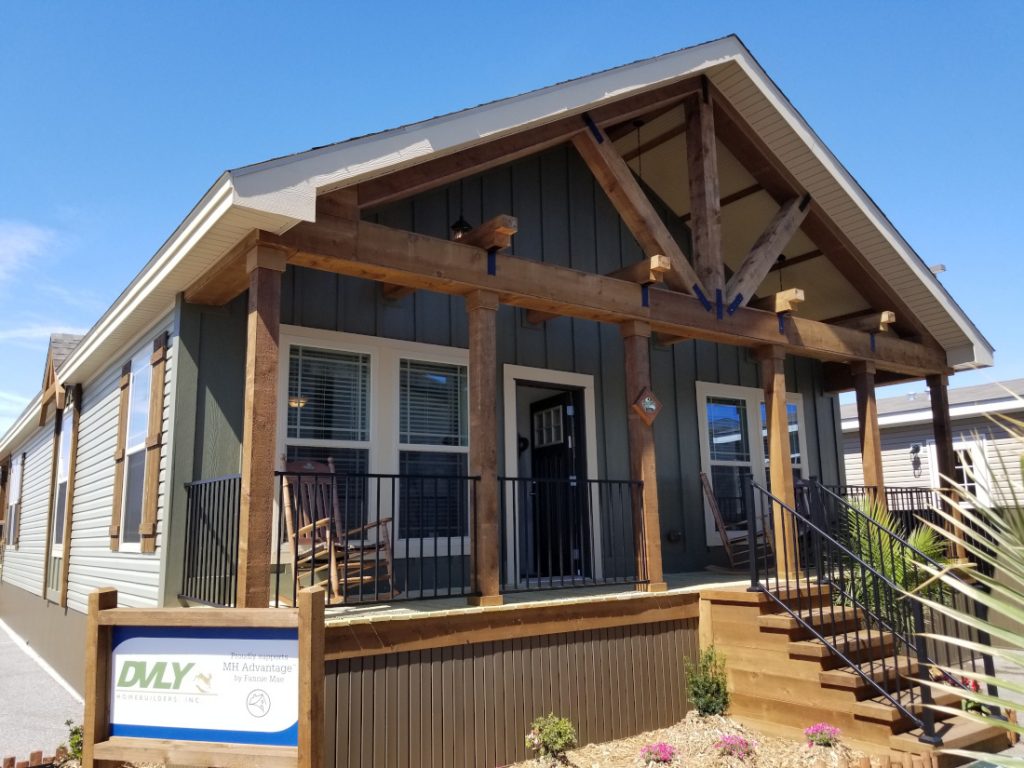
Why Do Some Believe That Mobile Homes Have a Short Life?
The perception that the life of a mobile home is shorter than other kinds of housing is off-base for a couple of primary reasons. We will detail these reasons, and explain why this thinking is incorrect.
Factors Contributing to Misconceptions About a Manufactured Home’s Lifespan
The Portrayal of Manufactured Homes in News Media
News reports focus on manufactured home communities above all other property types when harsh weather is in the forecast. The building code and enhanced home installation practices for manufactured homes have entirely countered the notion that home built in a factory are particularly susceptible to weather. Yet, popular opinion has been slow to respond.
Emergency Response Practices
In addition, when storm damage does occur, the Federal Emergency Management Agency (FEMA) sends “temporary housing” to areas where people are displaced from all variety of homes. Sometimes the temporary housing issued by FEMA will look similar to the appearance of certain manufactured homes. But, they’re not built to the same standard. Temporary housing is just that: temporary. These units are not manufactured homes, because they’re built only for short-term use. Manufactured homes built to HUD code are built to last.
Unintended Consequences of the Upsell
A site-built homeowner may be pitched the idea to “move up”, or get into a place that better suits their current life needs. In that case, the agent or seller may point to a bigger floor plan or more outdoor space. But rarely, if ever, do they attach the concept of a new or even a newer home. With manufactured homes and other homes built in a factory, there’s a natural inclination to upgrade to a home that’s just been constructed. This can lead to a notion that the previous home is out of commission. A great majority of the time this is not true. The homeowner looking to get the latest model home will sell the existing manufactured home to a buyer who needs and wants that home for their current place in life.
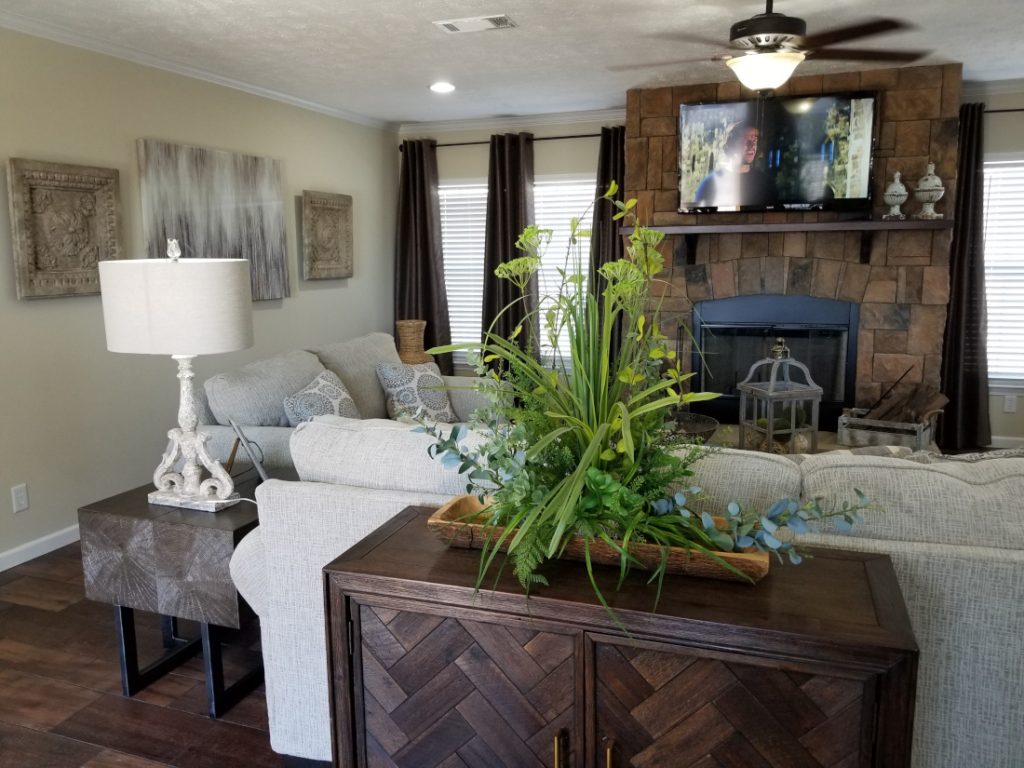
When is a Mobile Home Too Old?
Determining what age is too old for a mobile home depends on a number of factors that vary from home to home. Everything from the year the home was built, how well the home was maintained over the years, and any damage to the home over its lifespan. One factor to consider is whether or not the home was built before the HUD Code for manufactured homes went into effect in 1976. Homes built after June 15, 1976 are often more durable and can even hold up better than many site-built homes.
Why Factory-Built Homes Hold Up Better Than Site-Built Homes
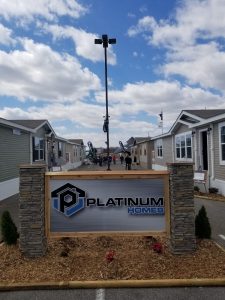
Reasons to Be Optimistic About the Longevity of Mobile Homes:
- Mobile homes are designed for safety and efficiency
- Purchasing power for manufactured homes
- Manufactured homes have less waste
- The stable labor force in factories
- HUD inspects manufactured homes
Manufactured homes are designed for safety and efficiency
Unlike site-built homes, the wood and metal that goes into a new manufactured home have been safely stored inside a building. The boards, panels, piping, and metal frame that dislike water only experience outdoor weather when they’re complete. Site-built homes have materials outside in the elements as the home is being built. Mobile homes are held to a higher standard for quality and safety than ever before.
Purchasing power for manufactured homes
Homes built in a factory have the benefit of indoor storage space. So, wood, metal, and other materials purchased in bulk and safely stored can provide a notable discount.
Manufactured homes have less waste
New manufactured homes are planned for and built-in stages on a factory line. The cutting and other manipulation of materials create less unused product than that of a site-built home.
Stable labor force
Factories that build homes have trained professionals in each trade area, from framers to electricians, who work in the same building on the same line each day. With fewer variables at play than in the field, the attention to detail and consistency of craft can dramatically heighten standards and outcomes for a new manufactured home.
HUD inspects manufactured homes
Since 1976, the U.S. Department of Housing and Urban Development (HUD) has maintained a high level of quality inspection on all manufactured homes. In fact, it’s not a manufactured home until HUD has attached its metal verification plate. With inspectors in a home-building facility several times per month (not to mention in-house inspection and quality assurance), manufactured homes rank as the most heavily inspected form of housing.
Further Reading: Take a look at another blog post on mobile home value to find out what your mobile home is worth.


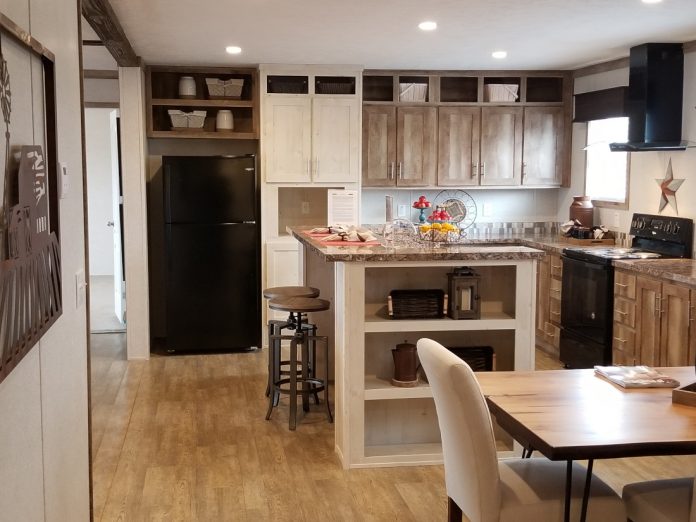
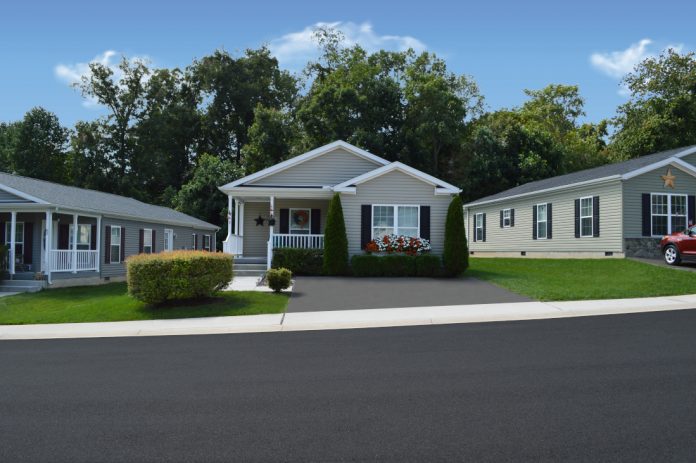
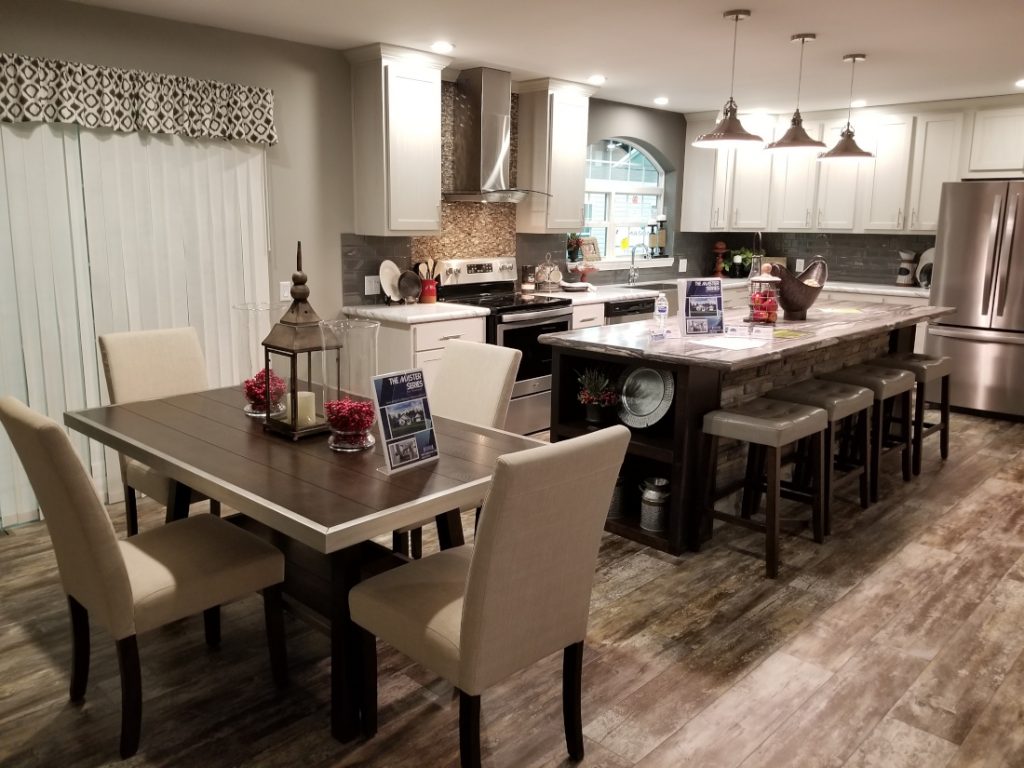

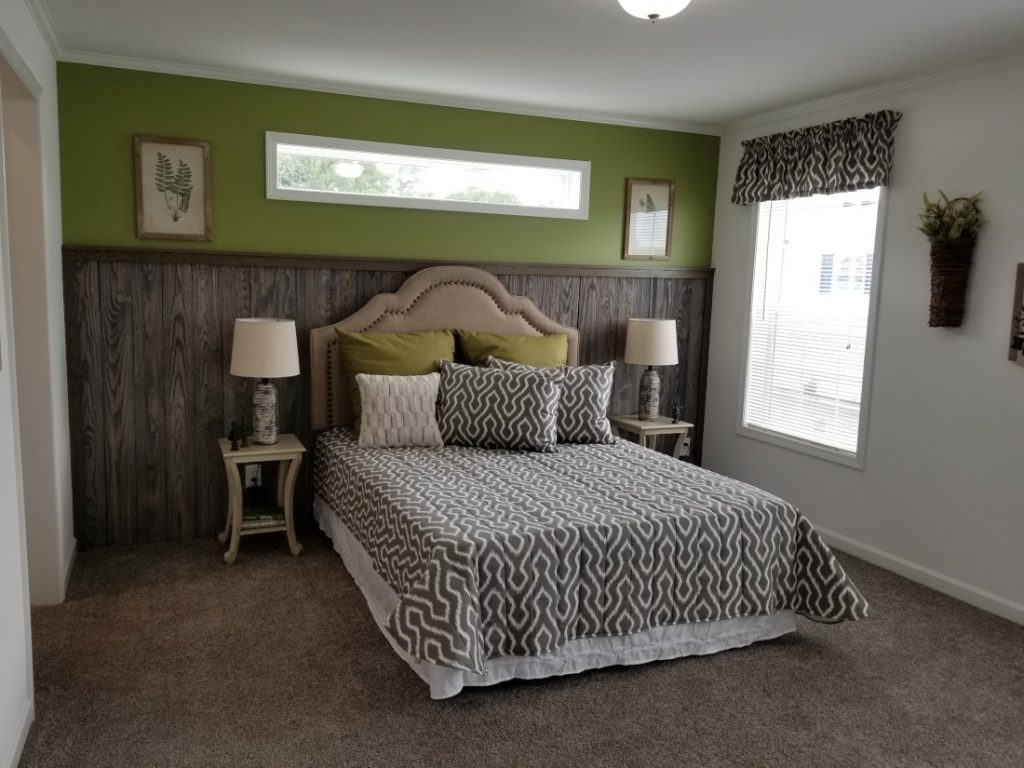
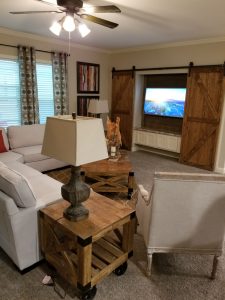
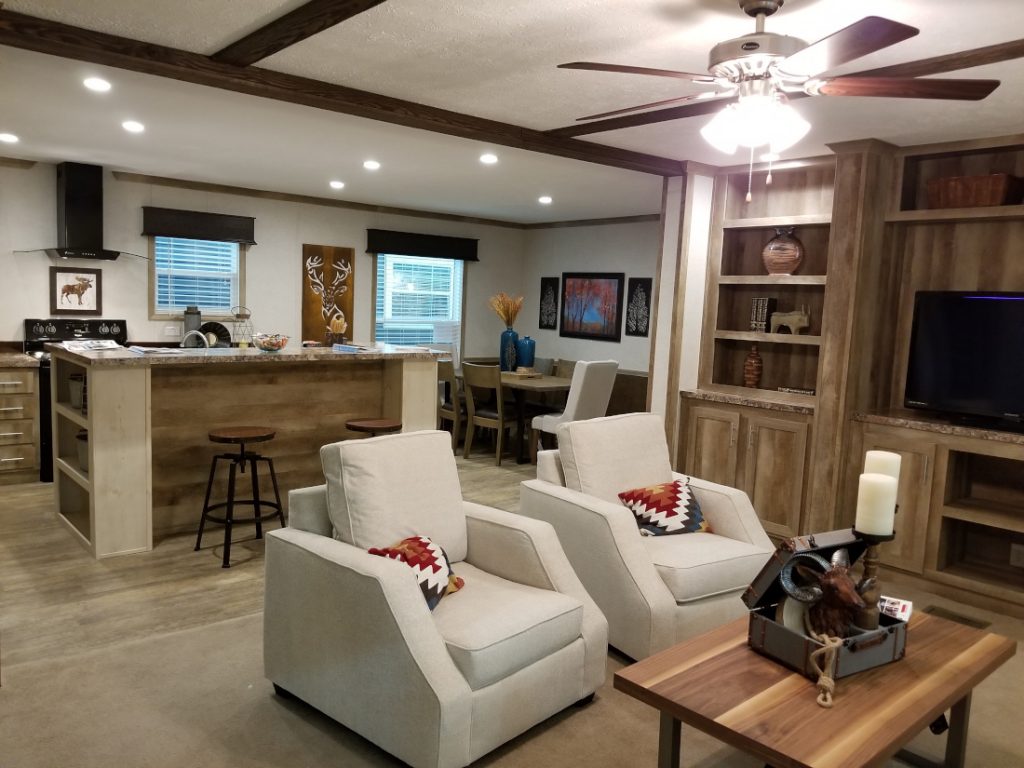
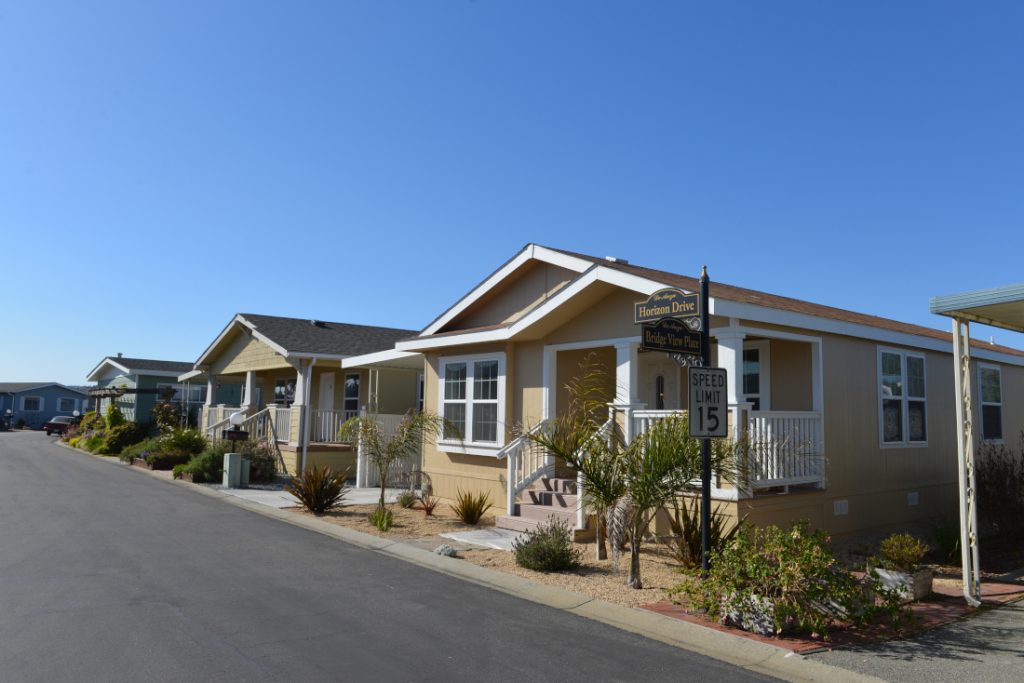
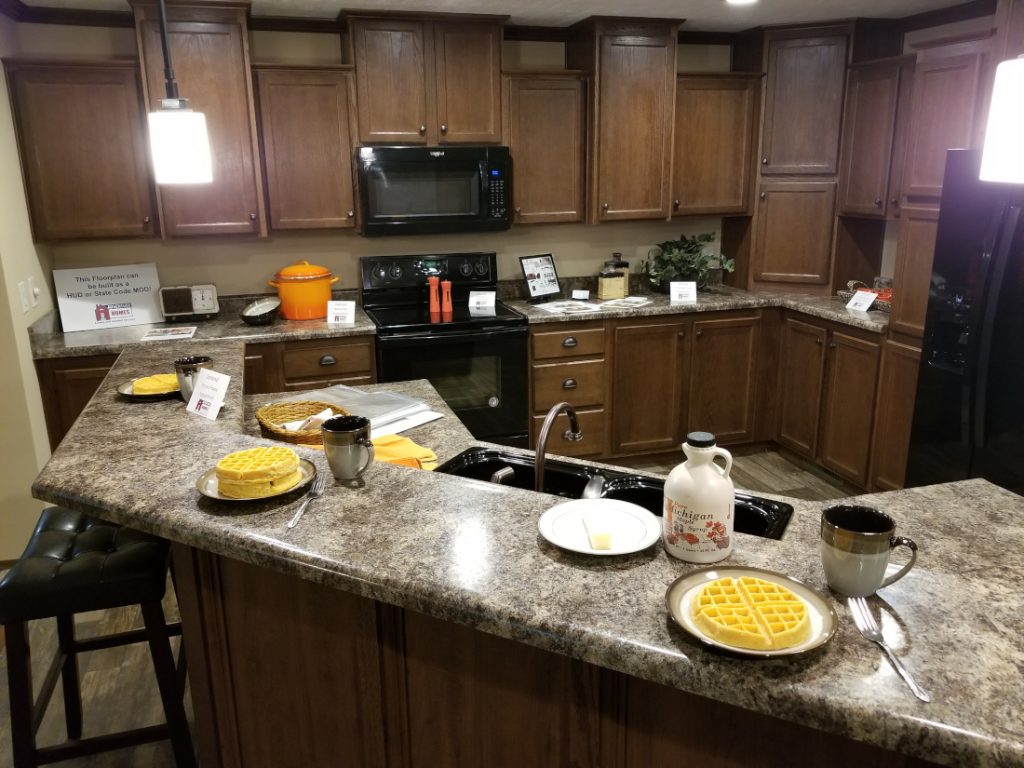

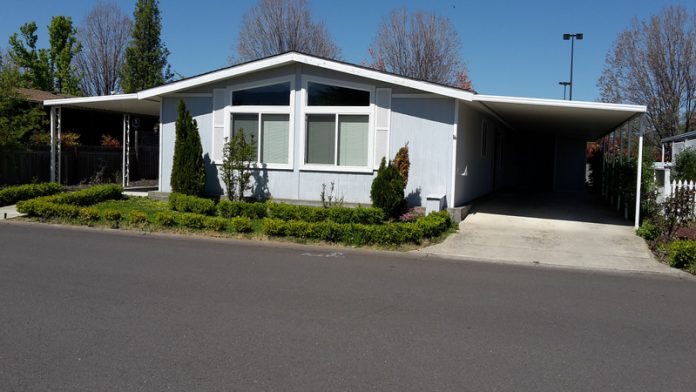

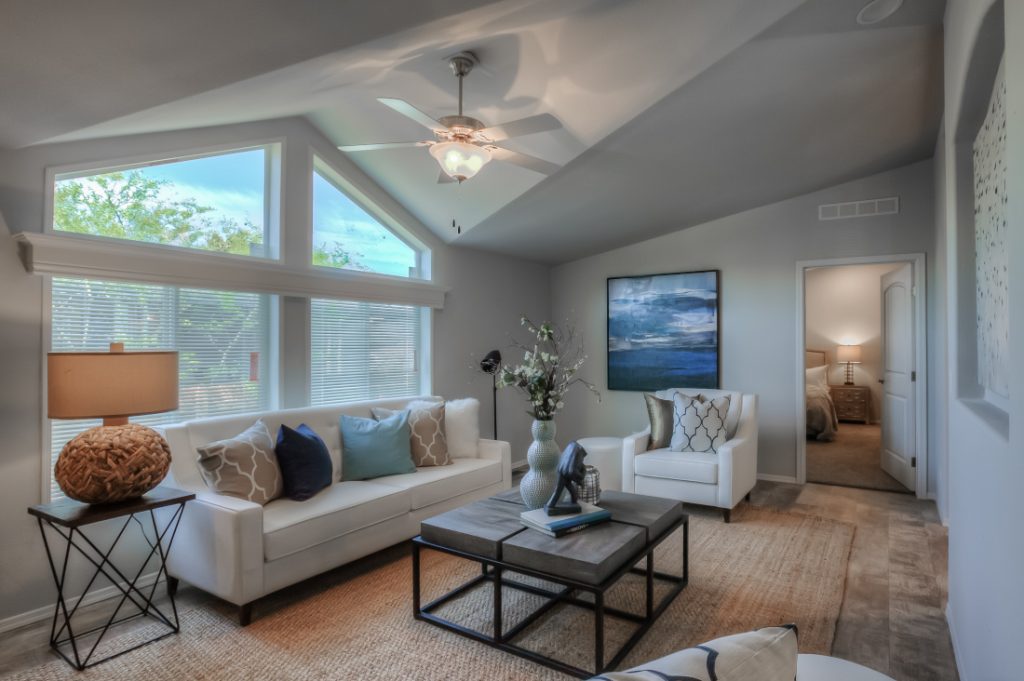
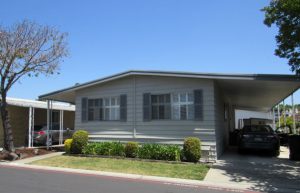
 MHVillage has tens of thousands of
MHVillage has tens of thousands of

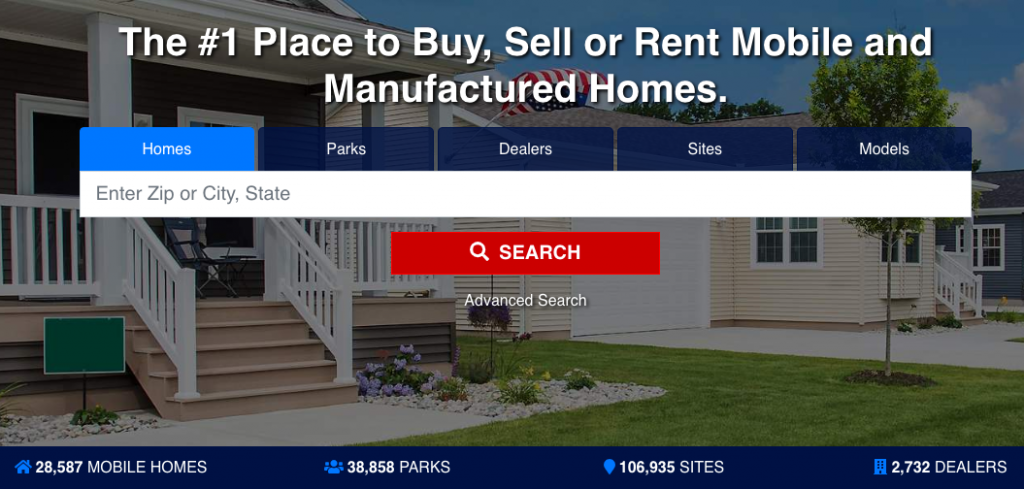
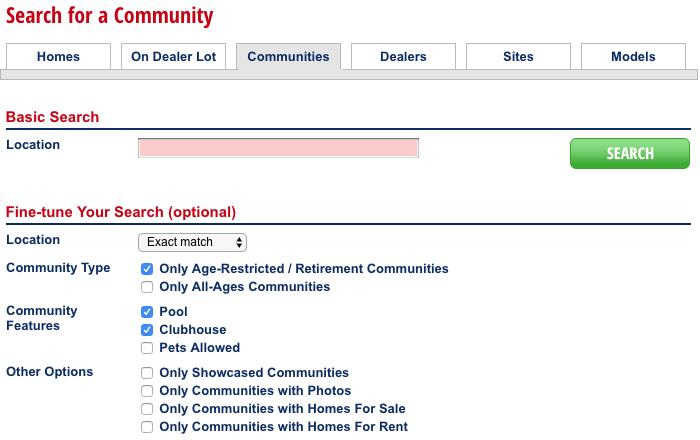


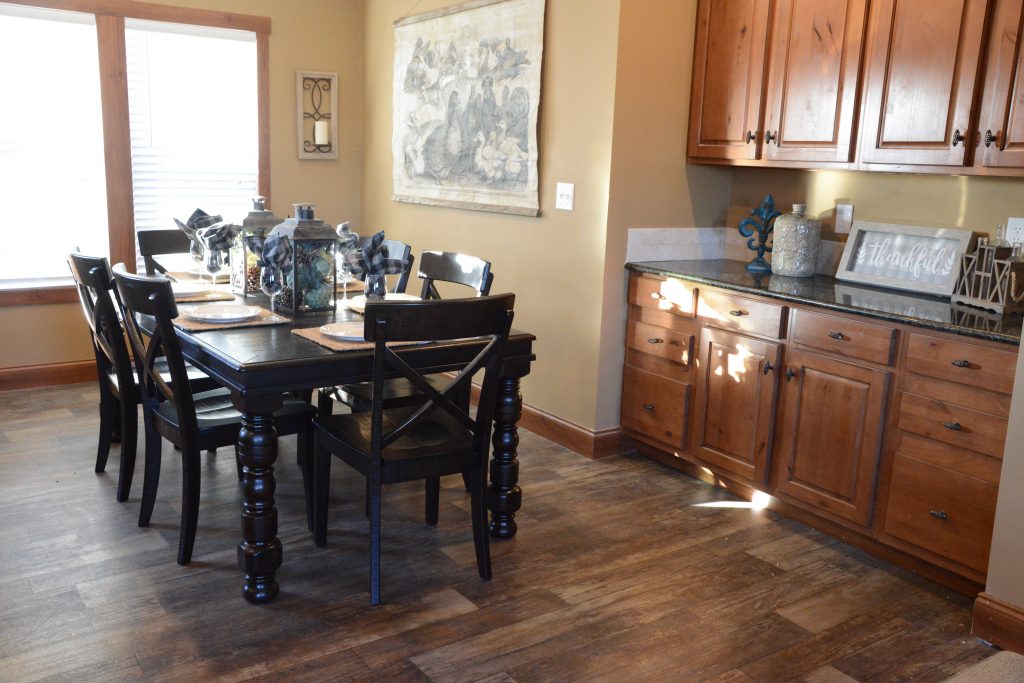
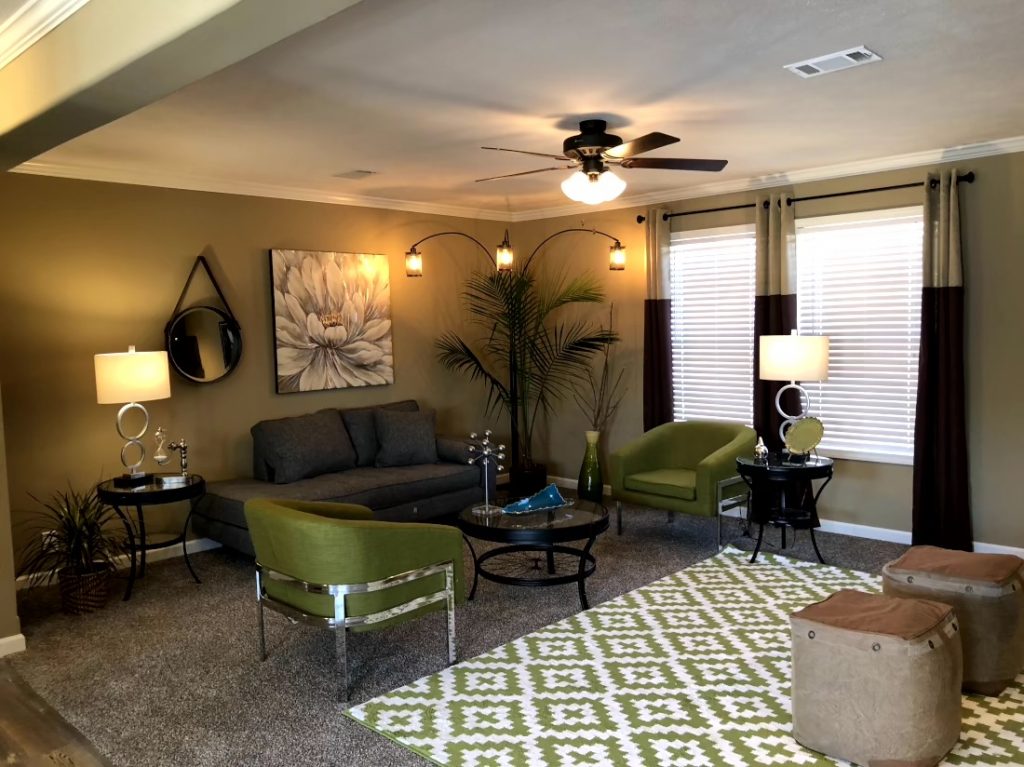
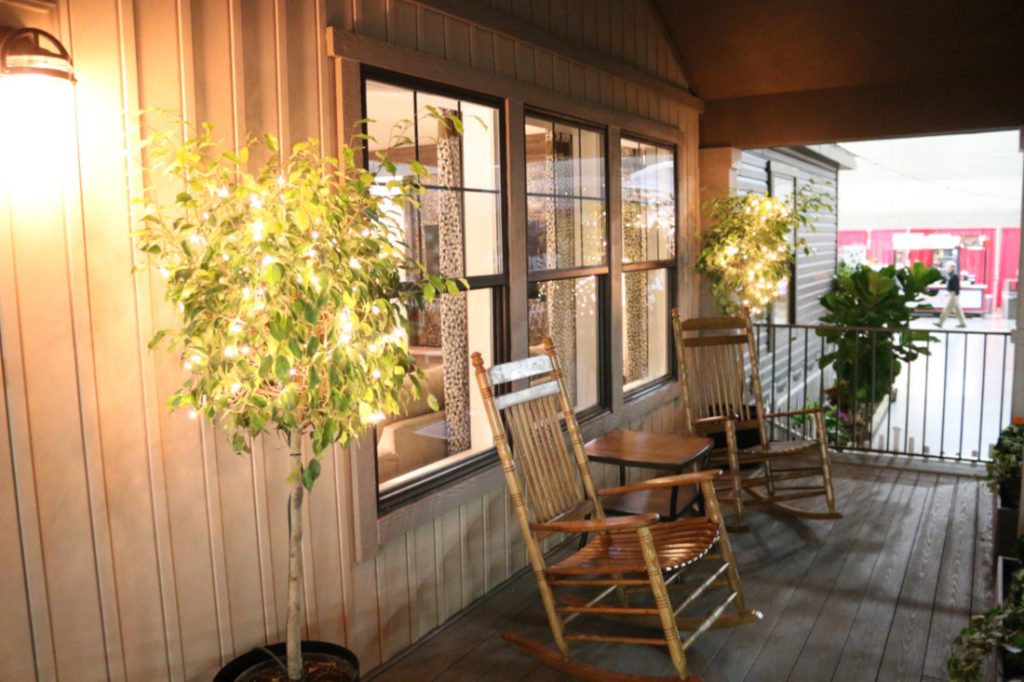
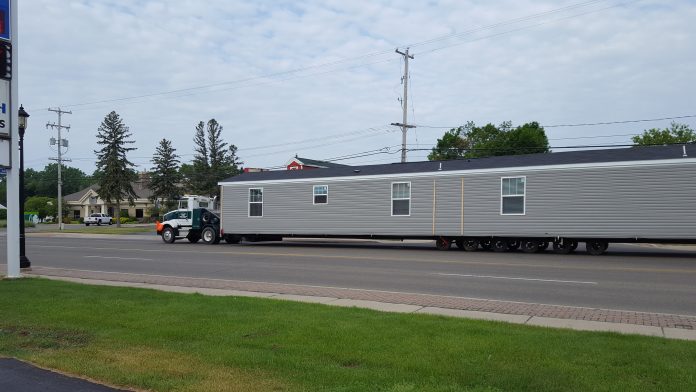
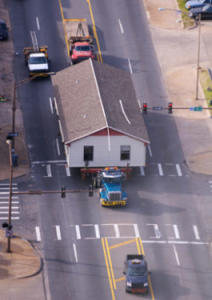

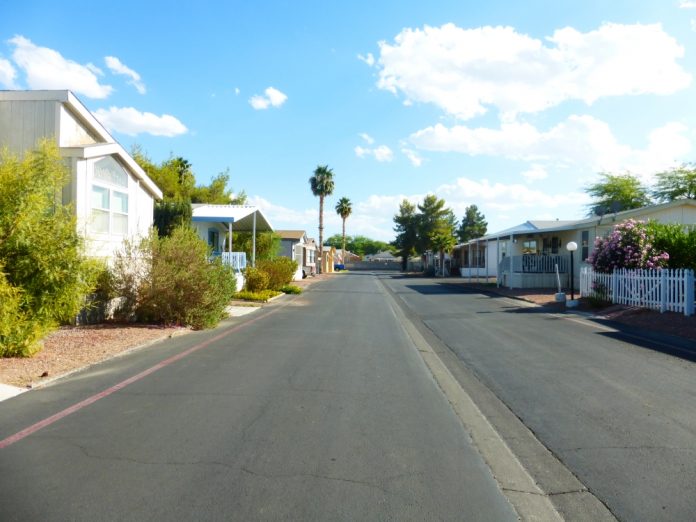
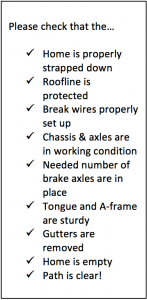



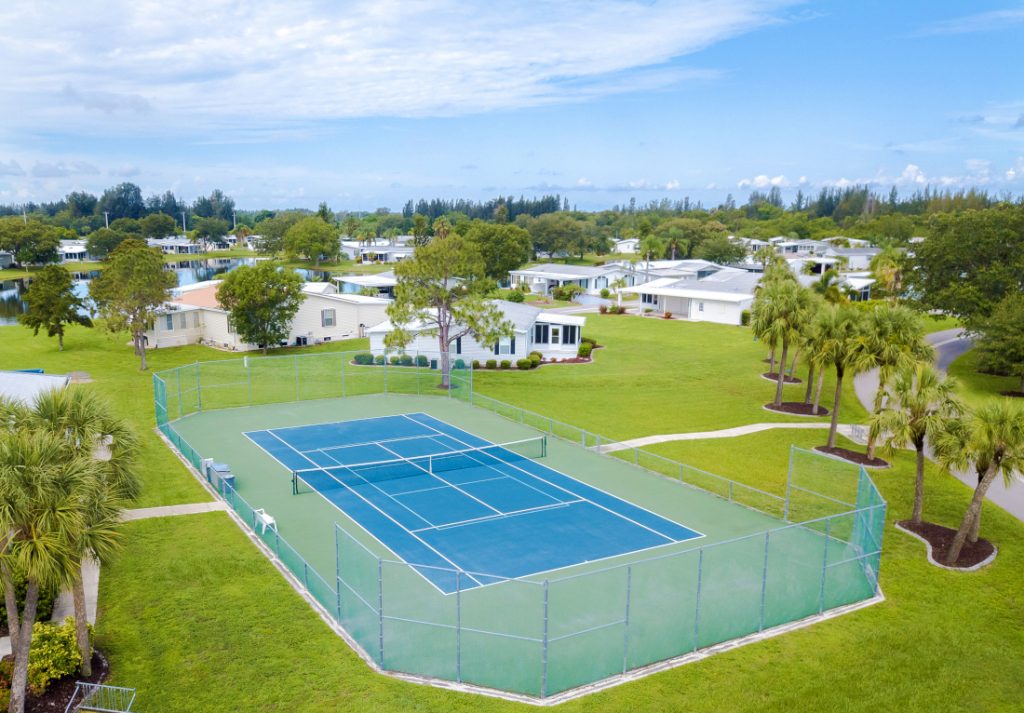


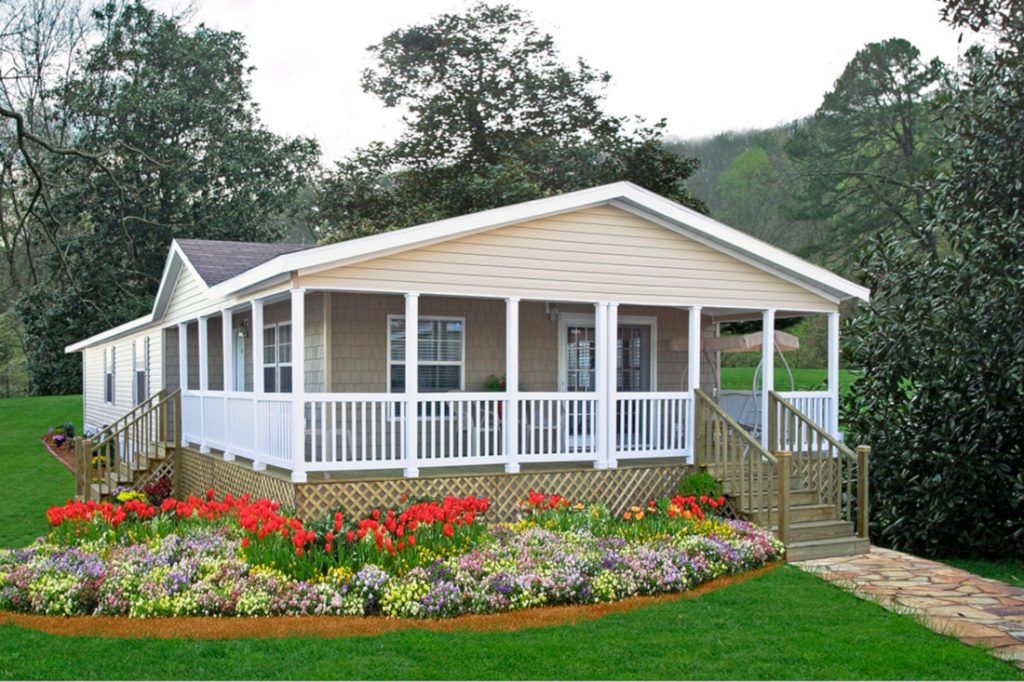
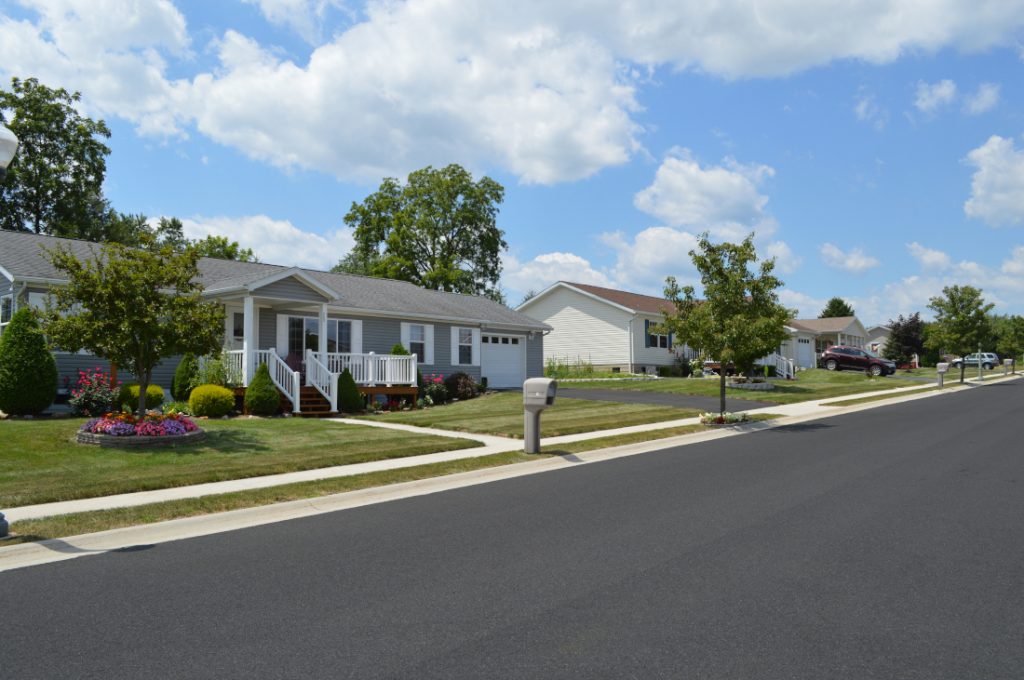
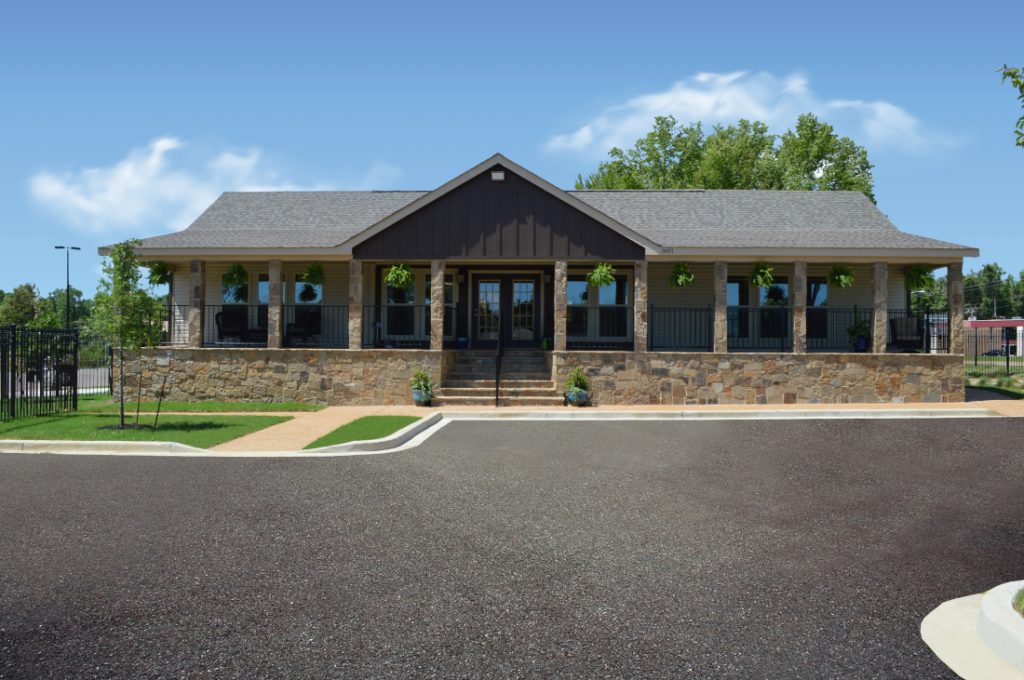
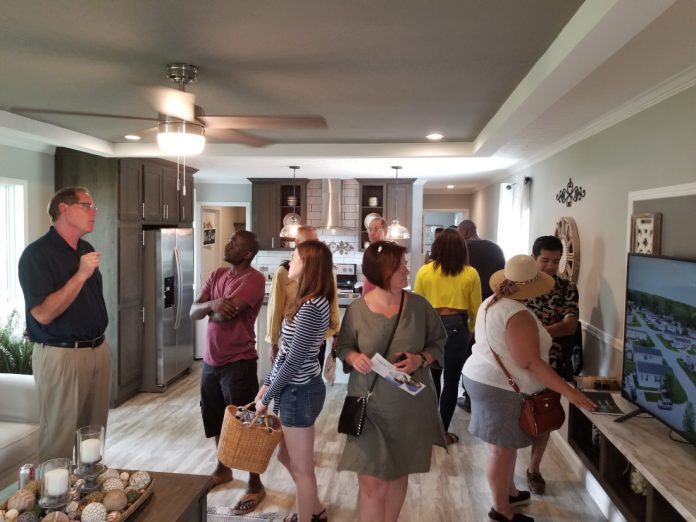
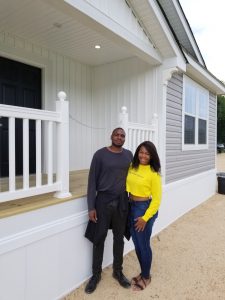
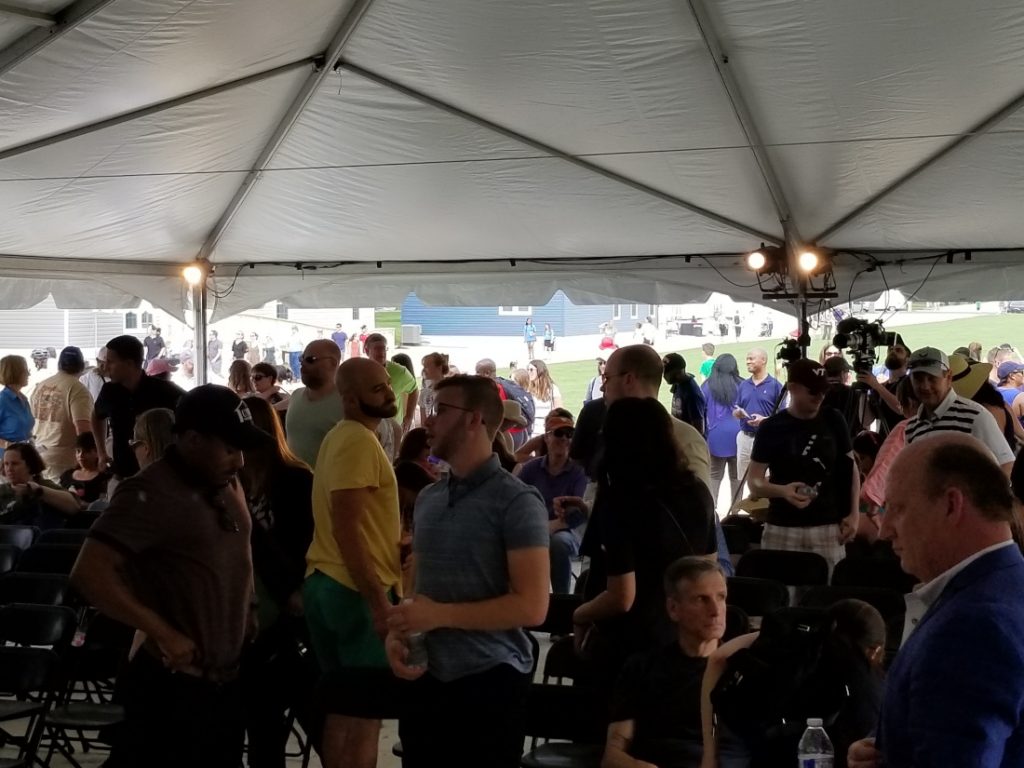



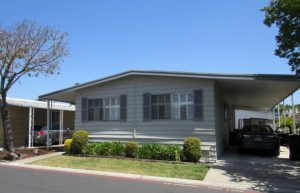
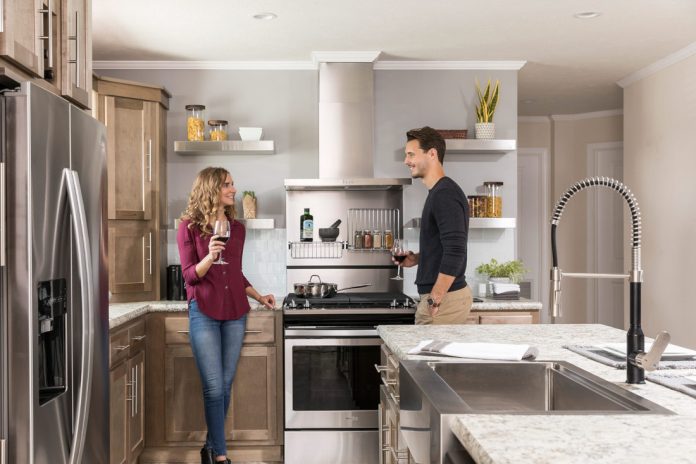
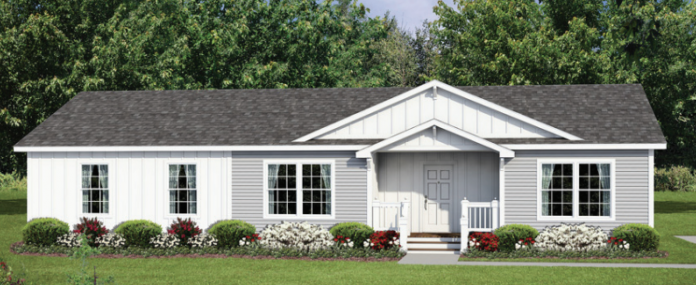
 Saturday, June 1: General Public Day — Opening remarks from HUD Sec. Ben Carson. A professional panel moderated by Rich Binsacca, Professional Builder Magazine.
Saturday, June 1: General Public Day — Opening remarks from HUD Sec. Ben Carson. A professional panel moderated by Rich Binsacca, Professional Builder Magazine.
